John Julius Norwich loves Christmas dearly. ‘I just wish it didn’t come round about every three months,’ he says. I know how he feels. Christmas does seem to arrive sooner every year — not just because time seems to speed up as you get older, but because our avaricious shopkeepers can’t wait to start cashing in earlier each autumn. We all harbour fond memories of childhood Christmases, and do our best to recreate them for our children. We just wish the whole thing were confined to a few weeks rather than dragging on for half the year. It’s hard to feel full of Yuletide cheer when shopping centres put up their Christmas decorations before Bonfire Night.
Bombarded by advertisements which tell me the only way to have a merry Christmas is to spend more and more each year, I’m inclined to agree with Ebenezer Scrooge, whose magnificent misanthropic diatribe is reproduced in this seasonal compilation:
‘What’s Christmas time to you but a time for paying bills without money; a time for finding yourself a year older, but not an hour richer? If I could work my will,’ said Scrooge indignantly, ‘every idiot who goes about with “Merry Christmas” on his lips should be boiled with his own pudding, and buried with a stake of holly through his heart.’
An anti-Christmas anthology would actually be a jolly good idea, but apart from our old friend Scrooge (and a grumpy piece by George Orwell) you won’t find much Bah Humbug in John Julius’s Christmas stocking. His attitude was shaped by his childhood Christmases at Belvoir Castle with his uncle, the Duke of Rutland, which he describes in a charming introduction that’s almost worth the admission price alone. It reads like a scene from Brideshead, and I rather wish he’d written a whole book about this lost age instead of confining his vivid memories to a few tantalising pages.
The rest of the book is more like the Christmases we commoners have in common — long periods of pleasant torpor interrupted by brief moments of magic. There are some familiar old favourites, such as Swift and Pepys, Sherlock Holmes and Charles Pooter; but it’s telling that the finest entries are by soldiers in wartime. Best of all is a letter from a British soldier to his sister, written on Christmas Day 1914 in a trench on the Western Front, describing the truce that broke out after German troops ventured into no man’s land to bury their dead:
These are not the savage barbarians we’ve read so much about. They are men with homes and families, hopes and fears, principles and, yes, love of country. In other words, men like ourselves. Why are we led to believe otherwise? All nations say they want peace. Yet on this Christmas morning, I wonder if we want it quite enough.
Thankfully, Linda Kelly’s Consolations has nothing whatever to do with Christmas, which is what makes it the perfect Christmas present. It’s a commonplace book, one of those books in which people used to write down things they came across that they wanted to remember. When I come to power, keeping such a book will be compulsory — its neglect punished by an Advent in the stocks. Kelly’s book, compiled over half a century, will be given to every household as a shining example of this life-enhancing habit.
At a tenner for 71 pages, it’s quite a costly stocking-filler, but all the royalties go to the mental health charity Sane, and on every page there’s a line or two to make you stop and think and smile. I started copying out quotations for this review, and only gave up when I realised I was well on the way to copying out the entire book. I’m sure Scrooge would have hated it.
Got something to add? Join the discussion and comment below.
Get 10 issues for just $10
Subscribe to The Spectator Australia today for the next 10 magazine issues, plus full online access, for just $10.
You might disagree with half of it, but you’ll enjoy reading all of it. Try your first month for free, then just $2 a week for the remainder of your first year.

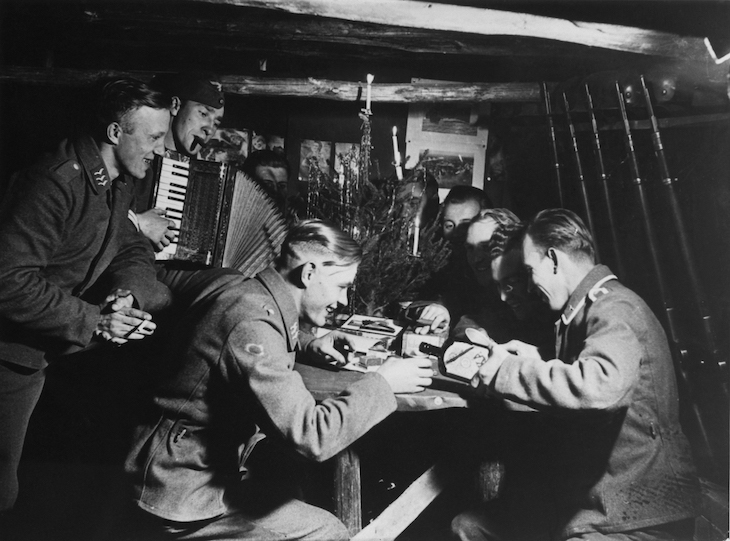
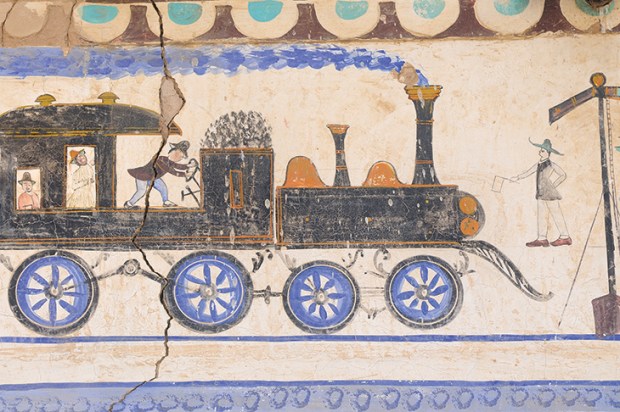
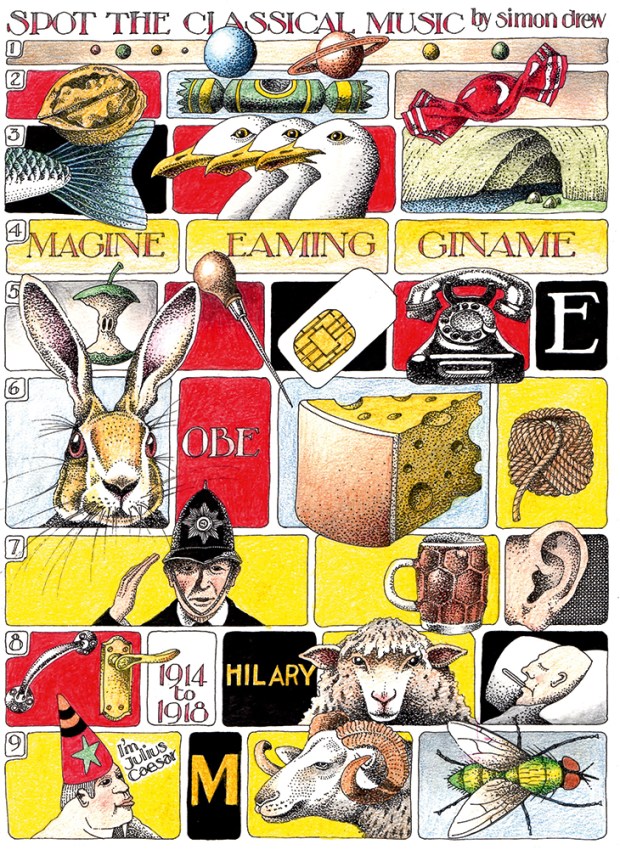
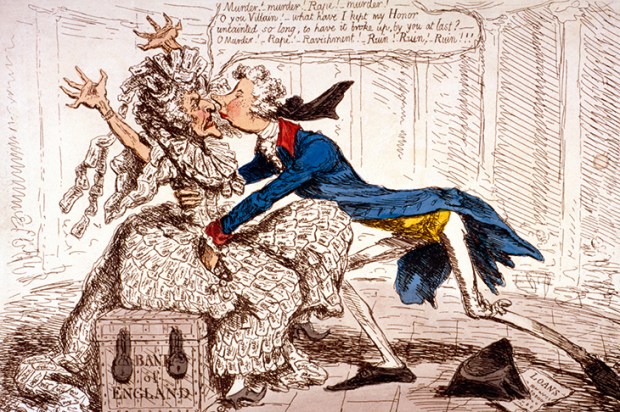


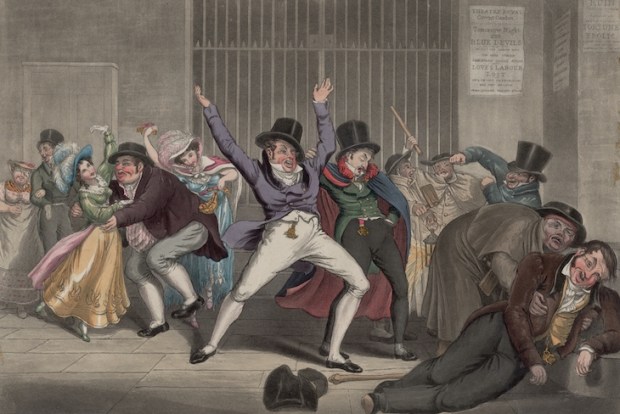






Comments
Don't miss out
Join the conversation with other Spectator Australia readers. Subscribe to leave a comment.
SUBSCRIBEAlready a subscriber? Log in